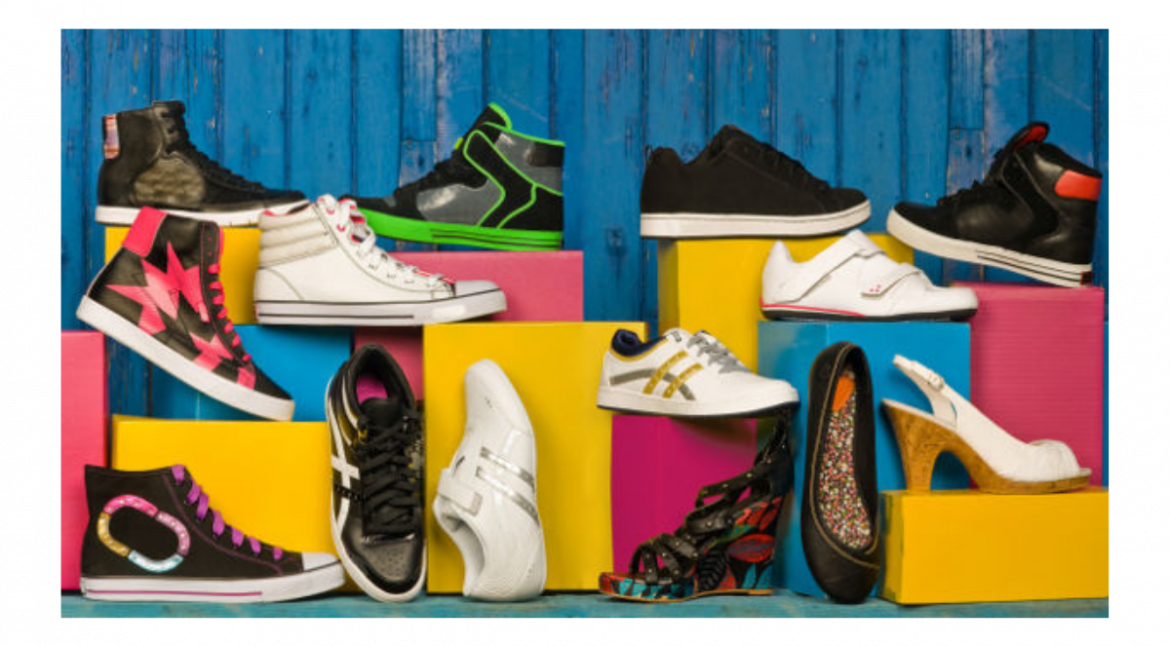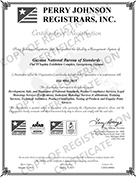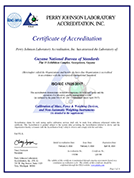Footwear refers to apparels worn on the feet, which typically serve the purpose of protection against adversities of the environment such as ground textures and temperature. Footwear in the form of shoes therefore primarily helps to prevent injuries. They include boots, shoes, sandals, slippers and traditional footwear.
From all indications, in September we will see the reopening of schools across Guyana. As such, parents and guardians are contemplating or have already commenced the purchase of ‘back to school items’, which include footwear, for their school aged children. To ensure longevity, when purchasing these items, it is important to carefully consider labelling and quality, which respectively provides product information, and fitness for use.
The Guyana National Bureau of Standards (GNBS) under its Product Compliance Programme monitors the quality of footwear imported and offered for sale to consumers. Monitoring is done based on the requirements of the two available National Standards, namely: the Guyana Standard Specification for footwear (GYS 30:2016) and the Guyana Standard Specification for labelling of commodities part 4: Labelling of footwear (GYS 9-4:2003). Like importers, consumers should consider the requirements outlined in these standards, which would aid in satisfactory and comfortable purchases for their children and even themselves.
The Guyana Standard specification for footwear specifies the requirements, labelling, storage and test methods for footwear. For example, when purchasing a footwear, persons are encouraged to ensure labels include the name and address of the manufacturer or supplier and brand name or registered trademark. Labels should also include size, country of origin, and the materials or symbols from which the sole and the upper are made (leather, synthetic or man-made materials).
For manufacturers, the standard also provides information about the sizing system, which shall be based on the length of the average foot fitted by the footwear. Other critical aspects such as size marking, storage, performance testing and monitoring, are included in the specification.
Importantly, to avoid deterioration, footwear should be stored in dry, well ventilated areas, and should not be exposed to direct sunlight, particularly for extensive periods. When purchasing, consumers are urged to carefully examine footwear for cracks and other signs of dry rot.
The following are some other useful tips for purchasing footwear, which are applicable to adults and children:
- Choose the size of your new shoes based on the size of your larger foot. Believe it or not, many people have one foot slightly larger than the other. Therefore, you should try on several pairs of different sizes and settle on the one in which both feet feel comfortable.
- Buy suitable shoes. Children will wear their shoes for extensive periods. As such, the shoes must be comfortable. Also, consider that children are a lot more active and could experience severe discomfort with the wrong fit.
- We advise you to shop for new shoes in the late afternoon. Towards the end of the day, our feet become slightly swollen. This means that a pair of shoes that fitted you perfectly in the morning might feel too tight in the evening. Better to nip this problem in the bud, and choose a pair that’ll feel comfortable around the clock!
- When trying on new shoes, make sure to walk a few steps across a solid surface. Soft carpets can make any shoes feel comfortable. To get a better idea, walk off the carpet and onto the bare floor!
- Leave space at the front. Better to buy shoes with a little extra room for socks and foot growth over the school year.
- Know you preferred brands. Some brand names and trademarks provide an indication of quality and reliability. Be sure that you do not choose cheap, fake or substandard brands of footwear, which cost more in the end.
For further information on this subject, contact the GNBS on telephone numbers: 219-0064 or 219-0065 or WhatsApp us on 692-4627.






